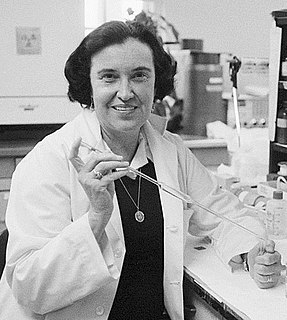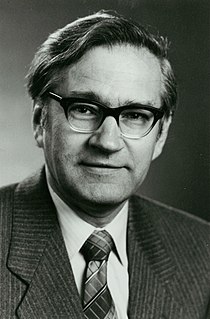A Quote by Vijay Seshadri
I was always a reader. In the fifth grade, I got some sort of prize for having read hundreds of books from the library.
Related Quotes
If we are always reading aloud something that is more difficult than children can read themselves then when they come to that book later, or books like that, they will be able to read them - which is why even a fifth grade teacher, even a tenth grade teacher, should still be reading to children aloud. There is always something that is too intractable for kids to read on their own.
If you are reading in order to become a better reader, you cannot read just any book or article. You will not improve as a reader if all you read are books that are well within your capacity. You must tackle books that are beyond you, or, as we have said, books that are over your head. Only books of that sort will make you stretch your mind. And unless you stretch, you will not learn.
A reader's tastes are peculiar. Choosing books to read is like making your way down a remote and winding path. Your stops on that path are always idiosyncratic. One book leads to another and another the way one thought leads to another and another. My type of reader is the sort who burrows through the stacks in the bookstore or the library (or the Web site — stacks are stacks), yielding to impulse and instinct.
He is no true reader who has not experienced the reproachful fascination of the great shelves of unread books, of the libraries at night of which Borges is the fabulist. He is no reader who has not heard, in his inward ear, the call of the hundreds of thousands, of the millions of volumes which stand in the stacks of the British Library asking to be read. For there is in each book a gamble against oblivion, a wager against silence, which can be won only when the book is opened again (but in contrast to man, the book can wait centuries for the hazard of resurrection.)
One time, the Library of Congress was giving books to local libraries around the country on Islam. The library of a guy named Walter Jones, who's a member of Congress from North Carolina, got some books and resource materials, and he got up in the press and said he didn't want any Muslim books in the library. And the people said, "Wait a minute, that's kind of anti-Muslim." He said, "Oh no, Keith Ellison is a friend of mine." And I said, "You know what? We are friends, but you're wrong about this.
I was always a slow reader, from the very beginning. I remember in first grade our teacher divided us into groups, and I was definitely in the slow group. She didn't call it that, but everybody in the class knew. But I still loved reading. Being a slow reader affected my grades in school, but it didn't affect my love for reading. I still loved going to the library, and I still loved reading books.
I was a voracious reader and the library fed my curiosity, imagination and my soul. I read by the shelf - biographies, fantasy - all and everything fed my dreams. Then as an adult whenever I would go on location the first thing we would do as a family is sign up at the closest library. Not only would we find books, but what was happening in that town, because the library is the head of the community.
Have you really read all those books in your room?” Alaska laughing- “Oh God no. I’ve maybe read a third of ‘em. But I’m going to read them all. I call it my Life’s Library. Every summer since I was little, I’ve gone to garage sales and bought all the books that looked interesting. So I always have something to read.







































